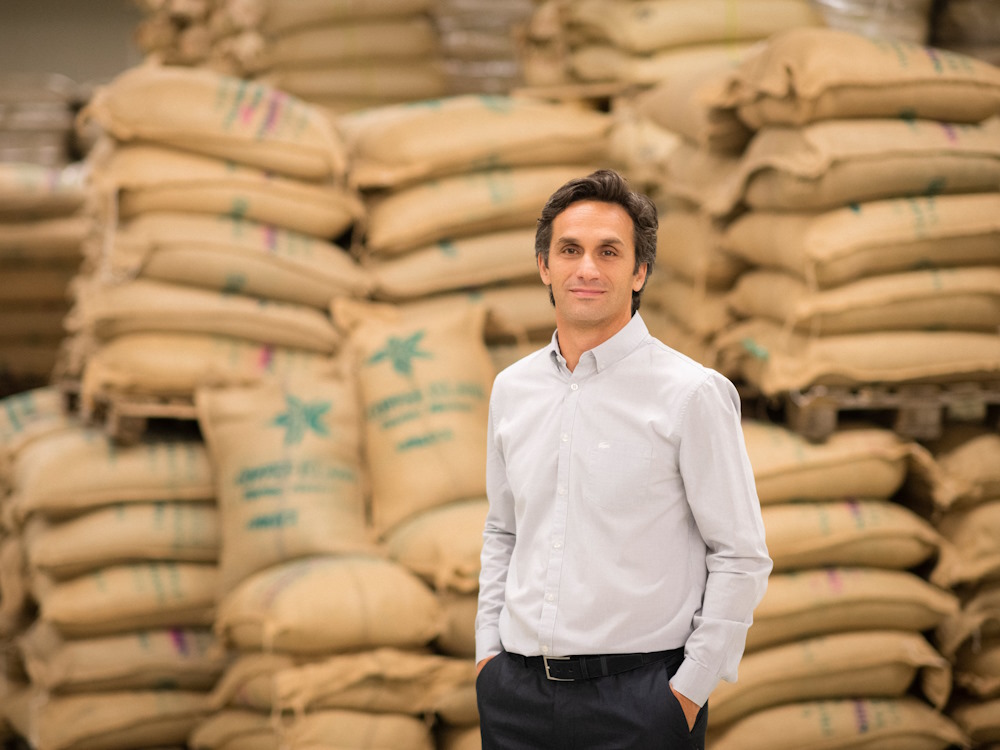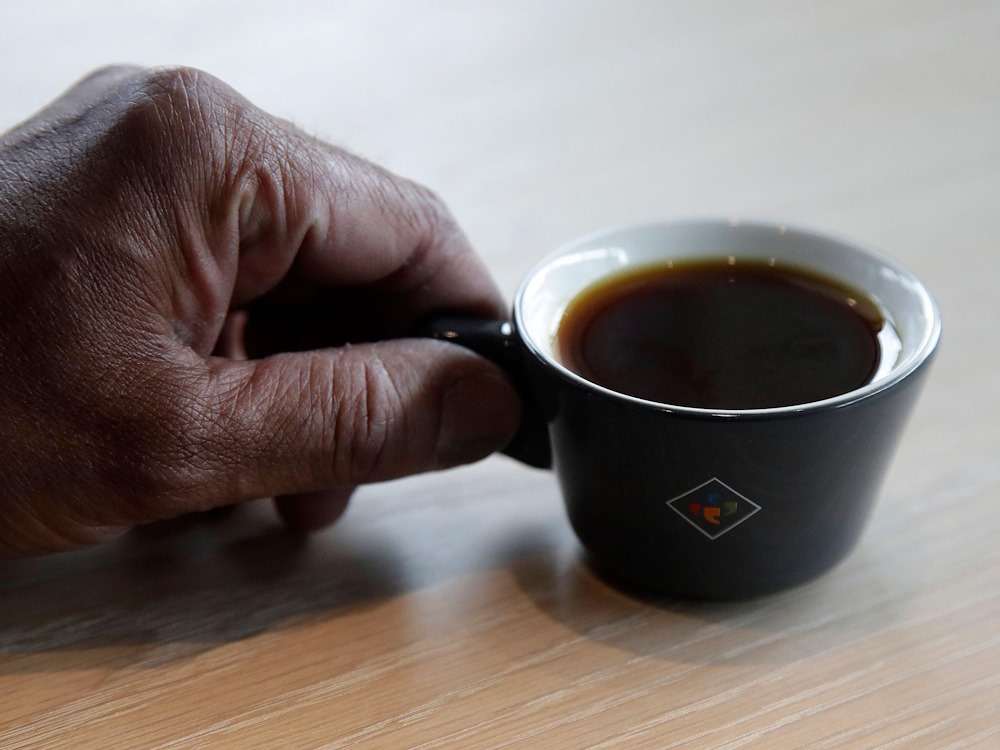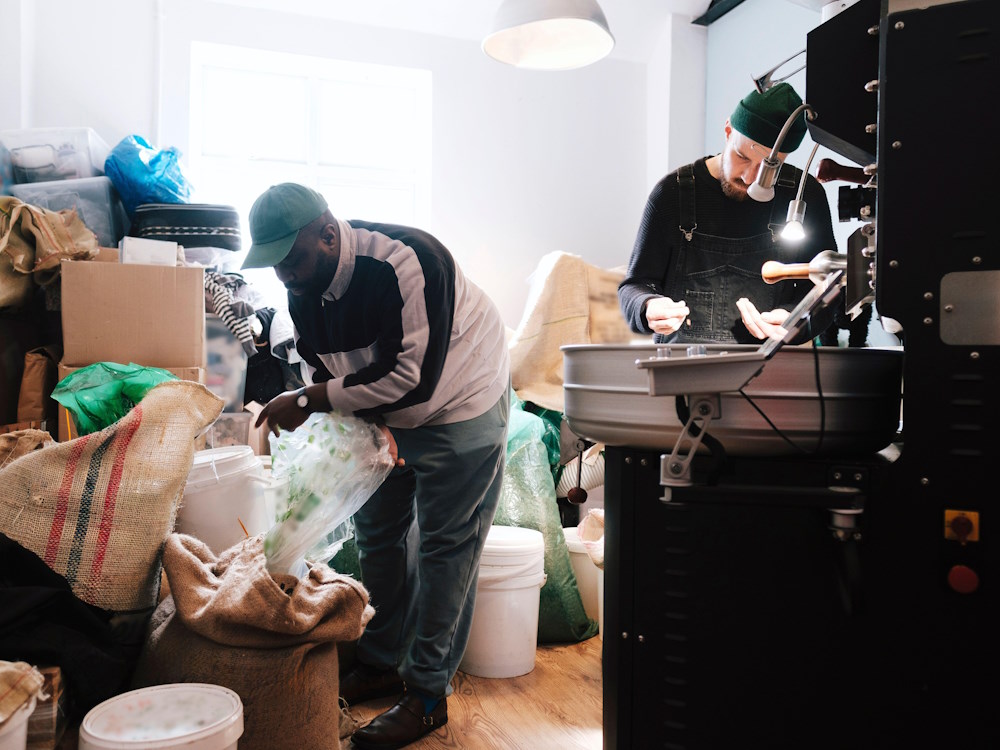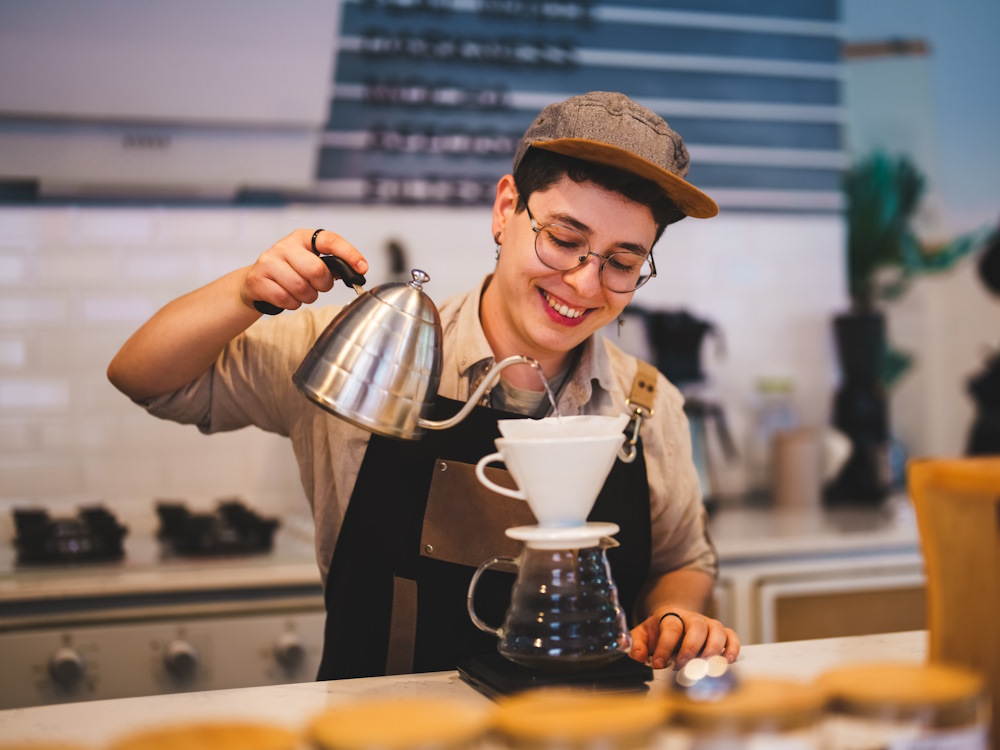As the specialty coffee industry grows at pace, more and more companies are popping up in different international markets. At some point in their journey, brands must decide whether to maintain operations or pursue growth.
Expansion helps businesses tap into this lucrative market in new and differentiated ways, driving wider innovation. While there’s no doubt that the specialty coffee market is becoming more mainstream, it remains a relatively niche industry.
With growing competition in a small market, standing out becomes increasingly important yet harder. Some coffee brands thrive under the pressure while others pace themselves trying to keep up. Inevitably, it’s a balancing act between increasing market share and remaining relevant and true to specialty coffee’s values.
To learn more, I spoke to Konstantinos Konstantinopoulos, the CEO of Coffee Island, and Jörg Krahl, managing director and COO of WAVE Investments and general manager at TONE.
You may also like our article on whether specialty coffee is growing faster than global coffee consumption.
Mapping the growth of specialty coffee brands
Founded on the principles of high-quality products, transparent and fair buying practices, and artisanry and craft, the third wave coffee industry was a niche segment of the wider market when it emerged in the late 1990s and early 2000s. During this time, it was easier for roasters and other brands to differentiate themselves, allowing them to be more creative in a less commercialised space.
Although it still represents a small section of the global coffee industry, specialty coffee has inevitably become more mainstream over the last few decades. According to the National Coffee Association’s and Specialty Coffee Association’s latest 2024 report, 45% of US adults had specialty coffee in the past day – up 80% since 2011 and surpassing past-day “traditional” coffee consumption for the first time ever.
This level of growth has only been possible thanks to key players in the market scaling operations, effectively marketing specialty coffee to the masses and creating a more accessible, yet still premium, product that appeals to a broader range of consumers.
Blue Bottle Coffee – one of the pioneers of third wave coffee – serves as an exemplary model of this. Established in the early 2000s in Oakland, California, the roaster scaled operations and opened several new locations across the US over the following decade. By 2012, Blue Bottle had received US $20 million in investment, and three years later, closed a venture capital round where it raised US $70 million, helping it to open coffee shops and roasting facilities in Japan.
A pivotal moment came for the brand in 2017 when it was acquired by multinational Nestlé, allowing Blue Bottle to increase its sales by 70% in the same year and open more locations in Asia, tapping into a burgeoning specialty coffee market.
Does scaling mean compromising specialty coffee?
Profitability is a goal of any specialty coffee brand, pushing roasters and other companies to diversify their revenue streams and offer new products. To support increasing demand, expanding operations is often a necessity.
There is also an understandable argument, however, that scaling a business inevitably makes it difficult to maintain quality standards. Nestlé’s acquisition of Blue Bottle was met with some criticism, with some claiming the brand lost its inherent craft and authenticity and became “corporatised” after it was purchased by one of the biggest global food and beverage companies.
Konstantinos Konstantinopoulos is the CEO of Coffee Island. Founded in 1999 in Greece, the company has since expanded into multiple countries and operates over 480 locations. He says that specialty coffee brands need to leverage their focus on flavour, origin, and café experience to gain an advantage over commercial competitors.
“When we first opened, we envisioned a fresh and innovative takeaway coffee concept,” he tells me. “Over the ensuing decades, we changed our business plans and strategy have changed, but the vision and values remained the same.”
As part of efforts to preserve quality while expanding a business, Konstantinos emphasises training and development is critical, helping to prioritise the expertise and dedication of skilled baristas and other staff.

How specialty coffee brands can scale successfully
Few small-scale specialty coffee companies have the funds or facilities to expand operations on their own. In recent years, we have seen how brands that want to scale have accepted significant investment from larger businesses who have the resources to reach much wider audiences. Stumptown and Peet’s Coffee, La Marzocco and De’Longhi, and Lavazza and Kicking Horse are just a few examples of the trend of acquisitions in specialty coffee.
While these acquisitions offer opportunities for specialty coffee companies to grow and expand their market reach, preserving quality remains a key challenge in terms of both product and service.
Jörg Krahl is the managing director and COO of WAVE Investments and general manager at equipment manufacturer TONE. “For a small specialty roaster, building your own facility costs tens, if not, hundreds of thousands,” he says, emphasising that many don’t have access to financial resources to cover expenses themselves.
“Investment and mergers mean you can streamline roasting, HR, green coffee sourcing, and so on, while also sharing the costs,” he adds. “We all have the same target: We don’t want to compete against ourselves within the specialty industry.”
Jörg says one risk that a company faces while growing is a shift from quality to price efficiency. However, with a solid investment plan, he explains sustainable growth is possible.
“The problem of a lot of companies is they have the brand vision, the coffee, and the quality, but they don’t have the numbers,” he says. “You can open 20, 30, 40 shops, you just have to automate and streamline your processes.
“Investing in energy-saving and automated equipment and automating processes will reduce expenses in the long term,” he says. “A small coffee shop owner who wants to grow has to streamline all operations.”
Balancing quality with price
Marketed as a premium product, specialty coffee inherently commands a higher price, which can make it feel inaccessible to mass market consumers. To attract a wider audience as it scales, a specialty coffee brand must strike a balance between affordability and quality.
“Access to funding to invest in consistent quality isn’t always feasible,” Konstantinos says. “To maintain standards as much as possible, you need to invest a significant amount of revenue every year into quality control procedures.
“You also need to keep prices at levels that a wider range of people can afford,” he adds. “One way we achieve this is by working with large volumes of coffee and developing long-term partnerships with producers to build trust.”

Are we overestimating the size of the market for specialty coffee?
Even though more consumers have a greater understanding of specialty coffee and demand is growing, Jörg says the market is still small.
“Specialty coffee consumption will never outpace overall consumption,” he tells mes. “But year by year, specialty takes a small percentage from the commodity market. There’s enough space for everybody in this industry still.”
The craft beer industry exemplifies how a niche market can grow rapidly over a few decades without overtaking growth of the “traditional” wider market. “You see craft breweries popping up everywhere, but the mass market still consumers much more ‘commercial’ brands,” he adds.
Konstantinos, meanwhile, says that although specialty coffee has gained a larger global market share in recent years, appealing to the mass market still stands as a barrier to further growth, with inflationary pressures posing economic challenges.
Ultimately, specialty coffee companies must strive for lower costs and higher margins, while educating consumers on the value of specialty coffee, to remain competitive with the wider commodity market.

As global specialty coffee consumption grows, roasters and other brands will need to find new, innovative ways to capture more market share. Not all businesses will need to scale to achieve this, but to attract a much wider audience, expanding operations ensures companies can meet the level of demand they’re striving for.
At the same time, specialty coffee businesses need to pace themselves and remain true to their core values. Retaining an authentic brand identity means companies will resonate with their customers while attracting new consumers to help them grow sustainably.
Enjoyed this? Then read our article on how specialty coffee is evolving outside of more mature markets.
Photo credits: Coffee Island
Perfect Daily Grind
Want to read more articles like this? Sign up for our newsletter!
The post Are specialty coffee companies growing themselves out of business? appeared first on Perfect Daily Grind.

